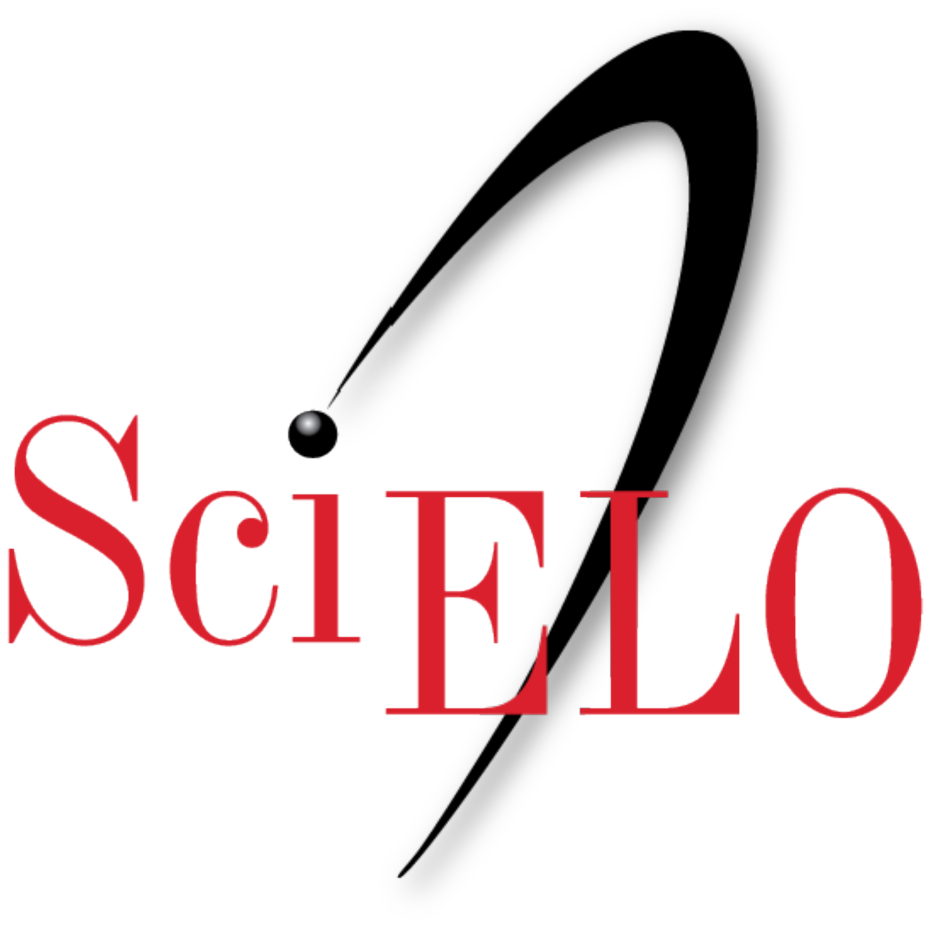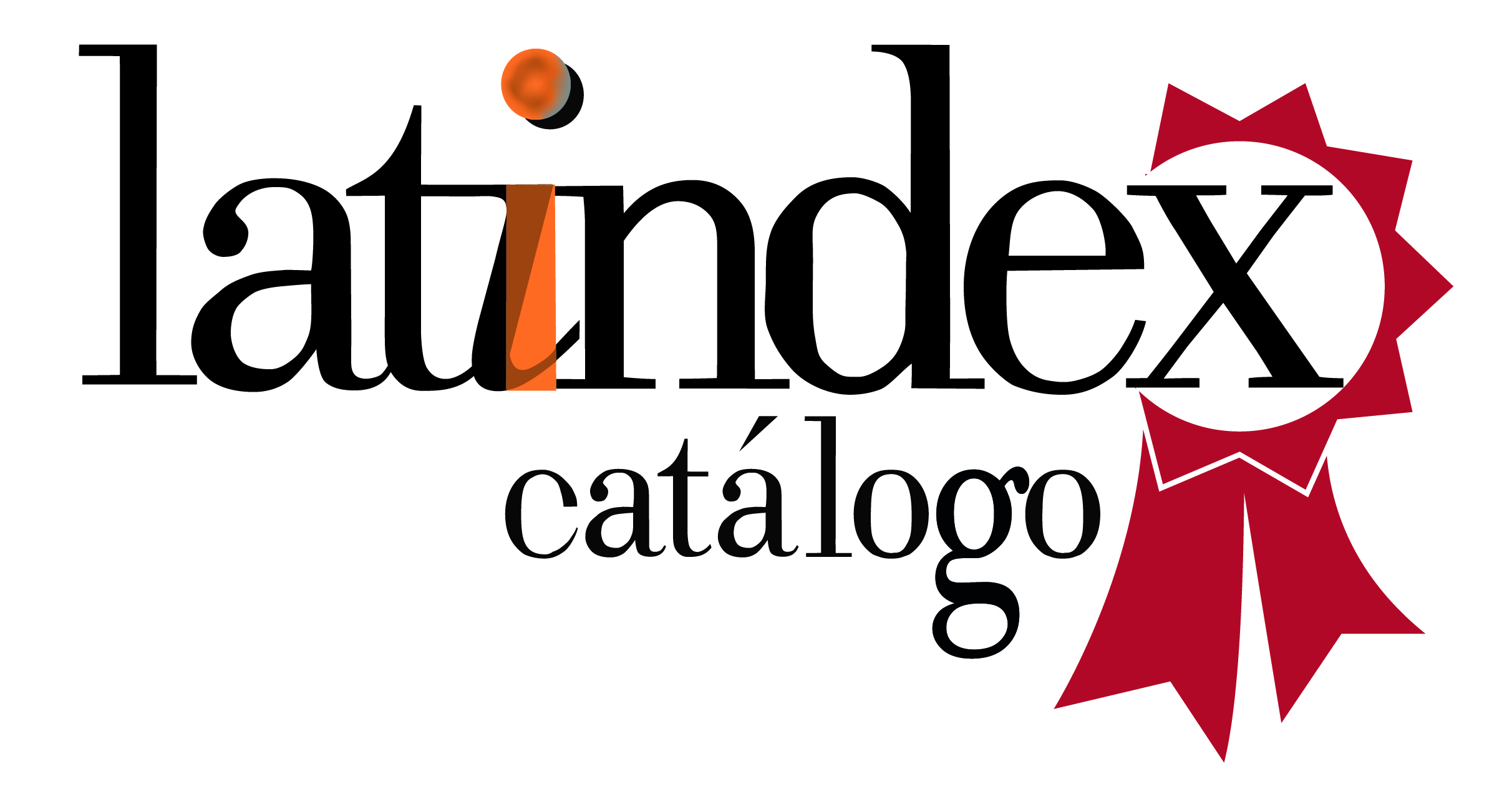Effects of an educational intervention on scientific integrity in university students
DOI:
https://doi.org/10.52379/mcs.v8i3.426Keywords:
education, scientific integrity, studentsAbstract
Introduction: Universities have an essential role in shaping scientific integrity in their students. Despite its importance, few interventions have been studied to improve it. Objective: To evaluate the effects of an educational intervention on scientific integrity in university students in the southern region of Peru. Methodology: An educational intervention was applied in three phases (pretest, intervention, and post-test). Robust comparison tests were applied for dependent samples, as well as AKP effect size measures. Mixed ANOVA tests were applied. Pairwise comparisons were used using Bonferroni's adjusted p. method. Results: A total of 402 students (63.93% female) participated. The comparison of dependent samples between the post-test and pretest measures found statistically significant differences in the knowledge dimension (tyuen = 3.93; gl = 240; p < .001; AKP = 0.22 [95% CI: 0.12 – 0.33]) and in the practical dimension (tyuen = 4.88; gl = 240; p < .001; AKP = 0.30 [95% CI: 0.20 – 0.42]) and region (2,392) = 4.16, p < .001, ?2 = 0.008. Discussion: The intervention was effective according to the post-test evaluation, with some regional differences.
Downloads
References
REFERENCIAS
Ciubotariu II, Bosch G. Improving research integrity: A framework for responsible science communication. BMC Research Notes; 2022; 15(1). URL
Abdi S, Pizzolato D, Nemery B, Dierickx K. Educating PhD students in research integrity in Europe. Science and Engineering Ethics. 2021; 27(1). https://doi.org/10.1007/s11948-021-00290-0
Sira N, Decker M, Kordtomeikel F, Winkens A, Leicht-Scholten C, Groß D. Chore or desire? Students’ response to online lessons in scientific integrity. Accountability in Research. 2022;1-18. https://doi.org/10.1080/08989621.2022.2145956
Silva NRA, Pádua GCC, Novaes MRCG, Guilhem DB. Scientific integrity among nursing students participating in the Scientific Initiation Program: An exploratory study. Revista da Escola de Enfermagem da USP, 2020; 54. https://doi.org/10.1590/S1980-220X2018047703548
Sponholz G. Teaching scientific integrity and research ethics. Forensic Science International. 2000; 113(1-3): 511-514. https://doi.org/10.1016/S0379-0738(00)00267-X
Herrera-Añazco P. La enseñanza de la Integridad científica como una necesidad en las facultades de medicina de Latinoamérica. Revista Hispanoamericana de Ciencias de la Salud, 2022; 8(4): 114-118. https://doi.org/10.56239/rhcs.2022.84.575
Robishaw Janet D, et al. Establishing and maintaining research integrity at academic institutions: challenges and opportunities. The American journal of medicine, 2020; 133(3): e87-e90. https://doi.org/10.1016/j.amjmed.2019.08.036
Rio Martínez JH, Rio Valdés DC. Ética y conductas inapropiadas en la práctica de la investigación. Medicina y Ética. 2020; 31(1): 49-69. https://doi.org/10.36105/mye.2020v31n1.02
Solari L, Cabezas C. La fábrica de artículos científicos como reflejo del deterioro de las prácticas científicas en nuestro país. Revista Peruana de Medicina Experimental y Salud Pública. 2023; 40(4): 390-390. URL
Armond ACV, Kakuk P. Perceptions of research integrity climate in Hungarian universities: Results from a survey among academic researchers. Science and Engineering Ethics. 2022; 28(4). https://doi.org/10.1007/s11948-022-00382-5
Hofmann B, Thoresen M, Holm S. Research integrity attitudes and behaviors are difficult to alter results from a ten-year follow-up study in Norway. Journal of Empirical Research on Human Research Ethics: JERHRE. 2023; 18(1-2): 50-57. https://doi.org/10.1177/15562646221150032
Xie Y, Wang K, Kong Y. Prevalence of research misconduct and questionable research practices: A systematic review and meta-analysis. Science and Engineering Ethics. 2021; 27(4): 41. https://doi.org/10.1007/s11948-021-00314-9
Hopp C, Speil A. How prevalent is plagiarism among college students? Anonymity preserving evidence from Austrian undergraduates. Accountability in Research. 2021; 28(3):133-148. https://doi.org/10.1080/08989621.2020.1804880
Issrani R, et al. Knowledge and Attitude of Saudi Students towards Plagiarism-A Cross-Sectional Survey Study. International Journal of Environmental Research and Public Health. 2021; 18(23): 12303. https://doi.org/10.3390/ijerph182312303
Nortes I, Fierz K, Goddiksen, MP, Johansen M. W. Academic integrity among nursing students: A survey of knowledge and behavior. Nursing Ethics 2023, 0(0): 1–19. https://doi.org/10.1177/09697330231200568
Zeljic K. Research integrity awareness among biology students—Experience from the University of Belgrade. Accountability in Research. 2021; 28(6): 331-348. https://doi.org/10.1080/08989621.2020.1843445
Hofmann B, Bredahl Jensen L, Eriksen MB, Helgesson G, Juth N, Holm S. Research integrity among PhD students at the Faculty of Medicine: a comparison of three Scandinavian universities. Journal of Empirical Research on Human Research Ethics: JERHRE. 2020; 15(4): 320-329. https://doi.org/10.1177/1556264620929230
Marco-Cuenca G, Salvador-Oliván JA, Arquero-Avilés R. Fraud in scientific publications in the European Union. An analysis through their retractions. Scientometrics. 2021; 126(6): 5143-5164. https://doi.org/10.1007/s11192-021-03977-0v
Herrera-Añazco P, Fernandez-Guzman D, Barriga-Chambi F, Benites-Meza JK, Caira-Chuquineyra B, Benites-Zapata, V.A. Retraction of health science articles by researchers in Latin America and the Caribbean: A scoping review. Developing World Bioethics, 2024; 1–11. URL
Casimiro Urcos, Javier Francisco, et al. Percepcio?n de los profesores de universidades peruanas respecto a la conducta responsable en investigacio?n. Medisur, Cienfuegos. 2020; 18(3): 345-351. URL
Carnero AM, Mayta-Tristan P, Konda KA, Mezones-Holguin E, Bernabe-Ortiz A, Alvarado GF, et al. Plagiarism, cheating and research integrity: case studies from a master’s program in Peru. Sci Eng Ethics. 2017; 23(4):1183-1197. https://doi.org/10.1007/s11948-016-9820-z
Moreno-Loaiza Oscar, Mamani-Quispe Patricia V, Mayta-Tristán Percy. Compra y venta de tesis online: Un problema ético por controlar. Revista Peruana de Medicina Experimental y Salud Pública, 2013; 30: 352-354. URL
Mayta-Tristán P, Borja-García R, Mayta-Tristán P, Borja-García R. Malas prácticas en investigación: Las fábricas de manuscritos en Perú. Revista Peruana de Medicina Experimental y Salud Publica. 2023; 39(4): 388-391. https://doi.org/10.17843/rpmesp.2022.394.12473
Consejo Nacional de Ciencia, Tecnología e Innovación Tecnológica. CONCYTEC se pronuncia tras reportaje de Punto Final sobre ‘granja’ de artículos científicos”. noviembre 6, 2023. URL
Mayta-Tristán Percy, Borja-García Ruben, Angulo-Bazán, Yolanda. Compra y venta de autorías en Perú: Fraude científico, mala conducta científica o práctica cuestionable en investigación. Revista del Cuerpo Médico Hospital Nacional Almanzor Aguinaga Asenjo, 2023; 16 (4).URL
González-Acuña JC, Muñoz C, Valenzuela J. Ética e integridad académica en la formación doctoral: El caso de los doctorados en educación en las universidades chilenas. Acta Bioethica. 2023; 29(1): 27-38. http://dx.doi.org/10.4067/S1726-569X2023000100027
Watts LL, Medeiros KE, Mulhearn TJ, Steele LM, Connelly S, Mumford MD. Are ethics training programs improving? A meta-analytic review of past and present ethics instruction in the sciences. Ethics & behavior. 2017; 27(5): 351-384. https://doi.org/10.1080/10508422.2016.1182025
Muñoz del Carpio-Toia A, Litewka SG, Heitman E. Insuficientes políticas universitarias sobre integridad científica y su relación con la denegación de licenciamiento institucional. Revista del Cuerpo Médico Hospital Nacional Almanzor Aguinaga Asenjo. 2023; 16(1): 160-166. http://www.scielo.org.pe/pdf/rcmhnaaa/v16n1/2227-4731-rcmhnaaa-16-01-160.pdf
García Melanie Caballero, Blanco Juan Espinoza, Pérez Néstor Falcón. Actitudes y conocimientos acerca de ética en investigación con animales en estudiantes de Medicina Veterinaria en dos universidades en Lima-Perú. Salud y Tecnología Veterinaria. 2018; 6 (1): 20-20. https://doi.org/10.20453/stv.v6i1.3374
Diaz Velez Cristian, Manrique Gonzalez Luis Miguel, Galan Rodas Edén, Apolaya Segura Moisés. Conocimientos, actitudes y prácticas en investigación de los estudiantes de pregrado de facultades de medicina del Perú. Acta méd. peruana. 2008;25(1):9-15. URL
CONCYTEC. Código Nacional de la Integridad Científica.2019. URL
Mabou Tagne A, Cassina N, Furgiuele A, Storelli E, Cosentino M, Marino F. Perceptions and attitudes about research integrity and misconduct: a survey among young biomedical researchers in Italy. Journal of Academic Ethics, 2020; 18(2): 193-205. URL
Gharedaghi MH, et al. Knowledge of medical students of Tehran University of Medical Sciences regarding plagiarism. Acta Medica Iranica. 2013; 51(6): 418-424. URL
Yi N, Nemery B, Dierickx K. Perceptions of plagiarism by biomedical researchers: An online survey in Europe and China. BMC Medical Ethics. 2020; 21(1):1-16- https://doi.org/10.1186/s12910-020-00473-7
Fuerholzer K, Schochow M, Peter R, Steger F. Medical Students’ Acquaintance with Core Concepts, Institutions and Guidelines on Good Scientific Practice: A Pre- and Post-questionnaire Survey. Science and Engineering Ethics, 2020; 26(3): 1827-1845. https://doi.org/10.1007/s11948-020-00215-3
Jones NL, Peiffer AM, Lambros A, Eldridge JC. Problem-based learning for professionalism and scientific integrity training of biomedical graduate students: Process evaluation. Journal of Medical Ethics. 2010; 36(10): 620-626. URL
Marusic A, Wager E, Utrobicic A, Rothstein HR, Sambunjak D. Interventions to prevent misconduct and promote integrity in research and publication. The Cochrane Database of Systematic Reviews. 2016; (4): 1-81 URL
Chua JYL, Lee CSL, Yeo KP, Ali Y, Lim CL. Perception, and reaction of Nanyang Technological University (NTU) researchers to different forms of research integrity education modality. BMC Medical Ethics. 2022; 23(1):85. https://doi.org/10.1186/s12910-022-00824-6
Tomi? V, Buljan I, Maruši? A. VIRT2UE project consortium. Development of consensus on essential virtues for ethics and research integrity training using a modified Delphi approach. Accountability in Research. 2022; 31(4), 327–350. https://doi.org/10.1080/08989621.2022.2128340
Armstrong J, Friesdorf R, Conway P. Clarifying gender differences in moral dilemma judgments: The complementary roles of harm aversion and action aversion. Social Psychological and Personality Science. 2019; 10(3): 353-363. https://doi.org/10.1177/1948550618755873
Atari M, Lai MHC, Dehghani M. Sex differences in moral judgements across 67 countries. Proceedings of the Royal Society B: Biological. Sciences, 2020; 28: 1-10. URL
CONCYTEC. Principales indicadores bibliométricos de la actividad cientí?ca peruana, 2012-2017. SCIMAGO 2019. URL
CONCYTEC. Código Nacional de la Integridad Científica. 2024. Resolución de Presidencia 2024_RP 028-2024-P. URL
Downloads
Published
Issue
Section
License
Copyright (c) 2024 Luz D. Mamani-Cahuata, Jorge Luis Mercado Portal, Sively Luz Mercado Mamani, Emanuele Valenti, Lucía Begazo Muñoz del Carpio, Luis Fernando Ramos-Vargas, Percy Herrera-Añazco, Tomás Caycho-Rodriguez, Agueda Rossangella Munoz del Carpio Toia

This work is licensed under a Creative Commons Attribution 4.0 International License.











